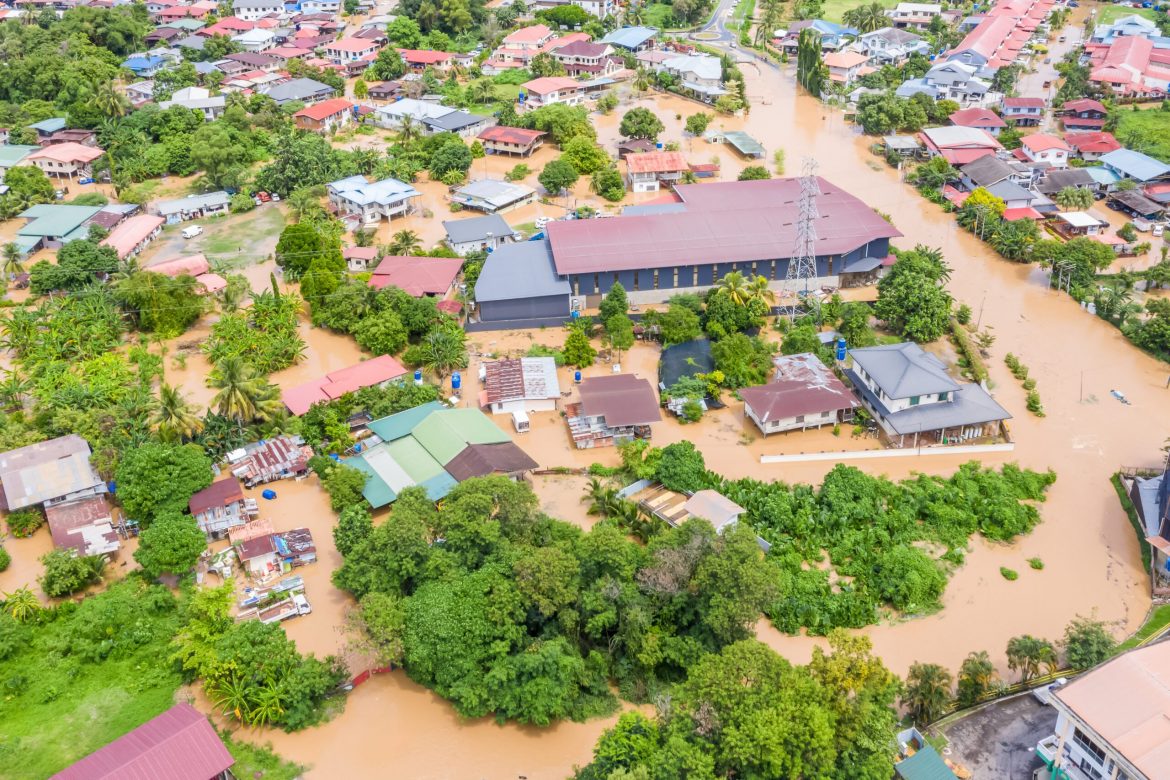Stakeholders from countries within the Volta Basin have gathered in Accra for a workshop intended to develop a regional strategy that will contribute to reducing and managing floods and drought across local communities.
The strategy, which will be completed by the end of the year, includes instructions for implementing climate action in areas that have been adversely affected by extreme natural phenomena, especially floods and drought.
In the Volta Basin, which includes nations like Ghana, Togo, Cote d’Ivoire, Burkina Faso, and Benin, these disasters have significantly damaged communities and resulted in the loss of lives and property.
For instance, the Volta Basin Authority (VBA) predicts that more than 30,000 people in the basin are affected by flooding each year, with the number anticipated to rise to 70,000 in the coming years due to the global climate crisis and population growth.
If drought is included, the number rises to 4.5 million people, and if nothing is done to address the effects of climate change, it is predicted to rise to 16 million in the coming years.
Read also: UNICEF receives $4.1 million from Japan for flood victims in Pakistan
It is in response to the challenges that a project dubbed “Integrating Flood and Drought Management and Early Warning for Climate Change Adaptation in the Volta Basin (VFDM) was started in 2019.
Funded by the Climate Change Adaptation Fund, the project’s main objective is to provide appropriate solutions to the climate crisis and help to restore sustainable socio-economic livelihood to residents of the basin.
As a measure to build the resilience of communities and ecosystems in the Volta Basin, a strategy for flood and drought risk prevention and management is being developed by stakeholders.
The strategy draws on knowledge from the implementation of the VFDM project, guidelines, policies and strategies for disaster risk management at the regional, national and local levels as well as stakeholders’ inputs.
In a speech, the Minister of Sanitation and Water Resources, Cecilia Abena Dapaah described the move to develop the flood and drought risk reduction strategy as a proactive step that would help address the impact of climate change on communities.
The speech, which was delivered by the Executive Secretary of the Water Resources Commission (WRC), Adwoa Paintsil, urged the stakeholders to bring their varied expertise to bear on the process of developing a strategy.
In his address, a project officer at the World Meteorological Organisation (WMO), Nikiema P. Michel, underscored the need for countries in the Volta Basin to be committed to the strategy document being developed as it held the key to implementing prudent climate actions to build the resilience of communities to flood and drought.
He called on national stakeholders to adopt the recommendations of the strategy and develop an action plan for preventing and managing the twin disasters.
Story was adapted from Business Ghana.
